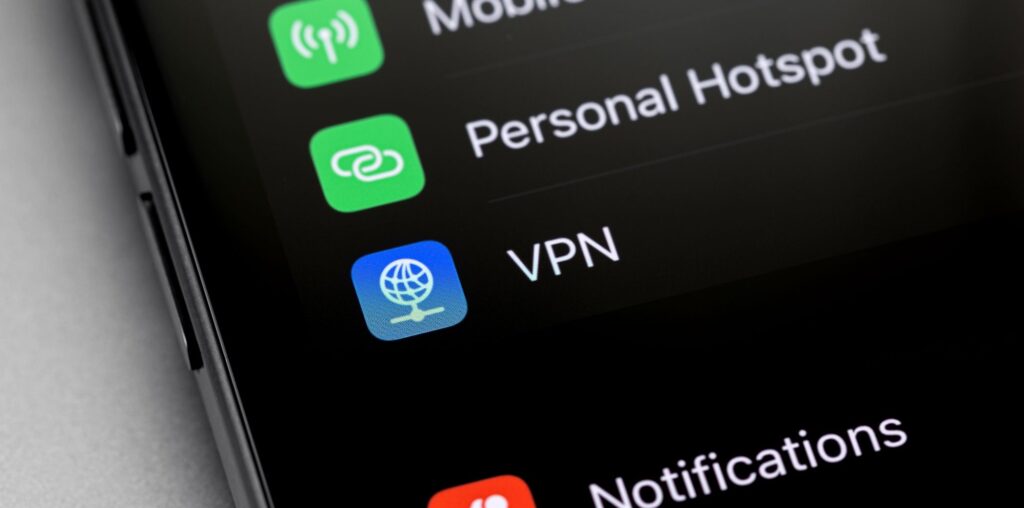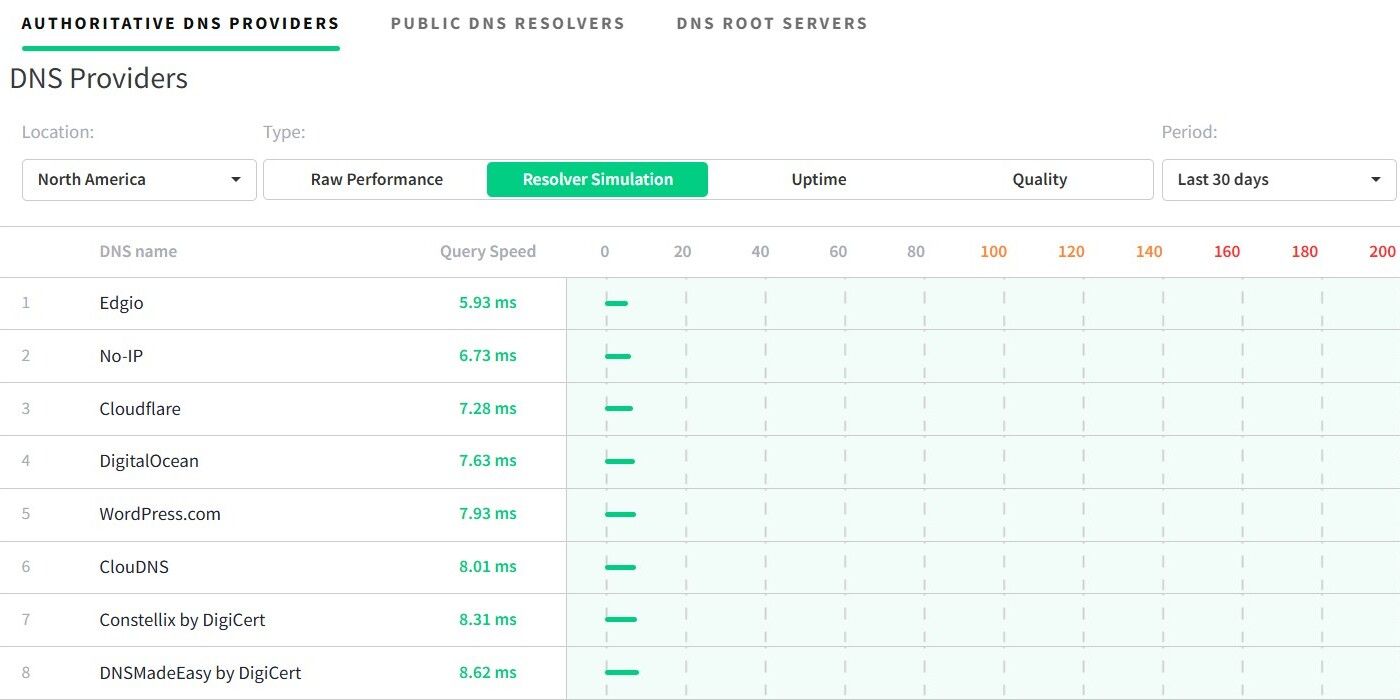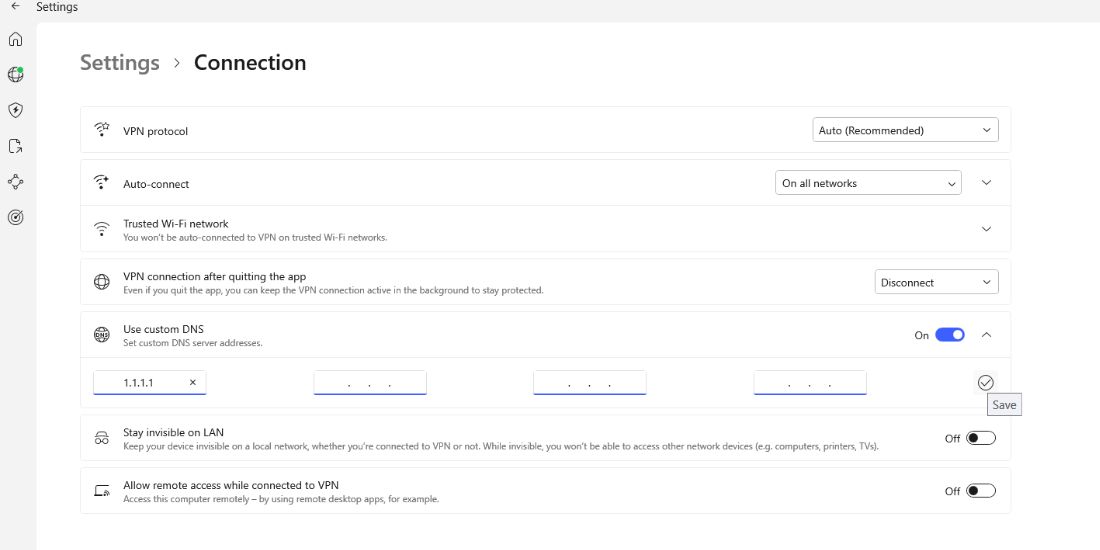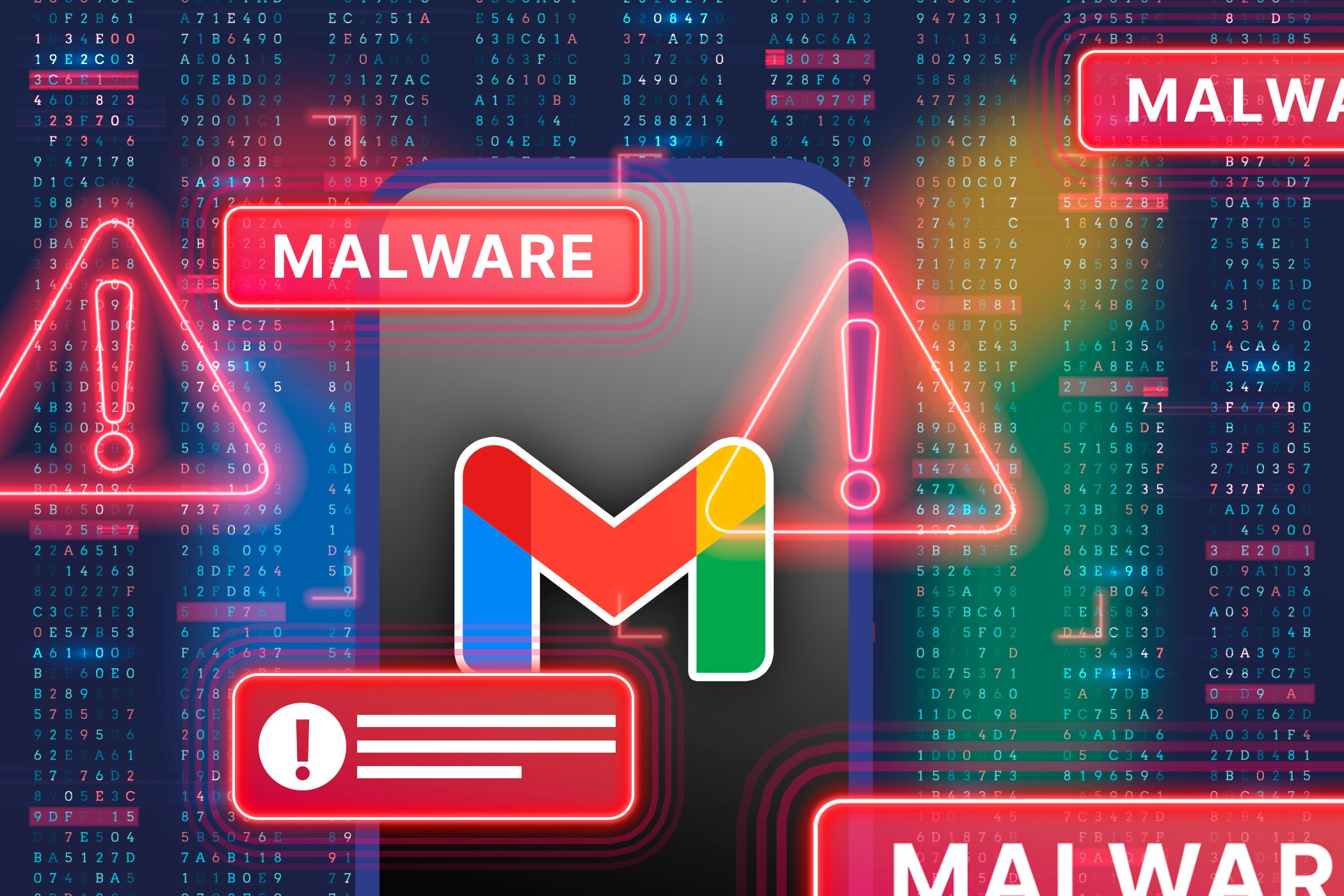VPNs prevent snooping from your ISP by encrypting your traffic, and they also protect your privacy by routing your browsing lookups through their own DNS servers. To take your VPN experience to the next level, try enabling custom DNS settings.
Setting a Custom DNS Can Improve VPN Speeds
Specifying a custom DNS on your VPN can make your encrypted connection feel snappier. That’s because you can set your VPN app to request lookups from better performing DNS servers like the ones offered by Cloudflare DNS (1.1.1.1) or Google DNS (8.8.8.8).
Doing so can make your VPN connection more responsive because these public DNSs compete to be the fastest DNS. For example, they perform optimizations for loading popular websites quickly. They’re also usually better at managing loads during peak usage and rarely ever go down when compared to DNS servers run by your ISP or VPN provider.
The steps to set a custom DNS will be different depending on your VPN provider, but here’s an example of how to do it with the NordVPN app on Windows:
- Go to Settings > Connection and enable Use custom DNS.
- Type in the public DNS server you want to use (e.g., 1.1.1.1 for Cloudflare DNS). Click the checkmark to save.
- Open any website in your browser to test. If the site loads properly, you’re in business!
There’s one downside to be aware of: some public DNS servers keep logs, which isn’t great for privacy. Others are more privacy-oriented, so they delete logs or don’t store logs at all. I recommend researching and choosing a DNS provider with a privacy policy you’re comfortable with.
Some DNS Servers Block Ads and Malware
Regardless of my personal views on the matter, pop-up ads aren’t as bad as malware. But let’s lump them together to highlight a special feature of some DNS resolvers: filtering unwanted content.
It’s true that many VPN services can already help you block ads and avoid common sources of malware, but some DNS providers are truly dedicated to the cause. For example, specialized resolvers like AdGuardDNS and NextDNS are excellent at keeping blacklists up-to-date. These resolvers can filter other things like tracking cookies, phishing sites, or adult content.
When you block unwanted content, you don’t have to spend bandwidth on loading images for ads or their complex tracking scripts. A wonderful side effect is that it also makes your VPN connection faster.
A VPN Custom DNS May Prevent DNS Leaks
By connecting to a VPN, your real IP address should be hidden, right? It should be—unless you have what’s called a DNS leak.
A DNS leak occurs when your internet requests are passed to your ISP’s DNS servers unintentionally. DNS leaks can destroy anonymity when using a VPN because they:
- Allow your ISP to log your traffic
- Expose your real IP address to the sites you’re visiting
This problem defeats the purpose of using a VPN to overcome censorship or access region-locked content. If you test your VPN’s encryption and find out it has a less-than-stellar track record, what can you do? Setting a custom DNS on your VPN might be the answer.
Some DNS servers have built their reputations on providing better user privacy. For example, Quad9 (9.9.9.9) prides itself on avoiding DNS leaks. Under the jurisdiction of Swiss law, the company isn’t allowed to log your IP address, nor does it collect and sell your user data.
Custom DNS Settings May Weaken Your Privacy
Although using a custom DNS setting with your VPN may boost your performance, there are risks.
Many public DNS servers keep logs, which isn’t great for your privacy. That being said, some DNS servers delete logs or don’t store logs at all. I recommend researching and choosing a DNS provider with a privacy policy you’re comfortable with, especially encrypted DNS providers.
In addition, VPN providers optimize DNS servers for security and privacy, but public DNS resolvers might not have the same mission. If your VPN shuts off unexpectedly or the app doesn’t route your DNS queries properly, there’s a chance it could expose your internet activity. So, while your VPN service may be faster, you’re entrusting your privacy to two services rather than one.
Whether you’re looking to speed up your VPN, block unwanted content, or safeguard your privacy, there’s a public DNS server out there for you.




